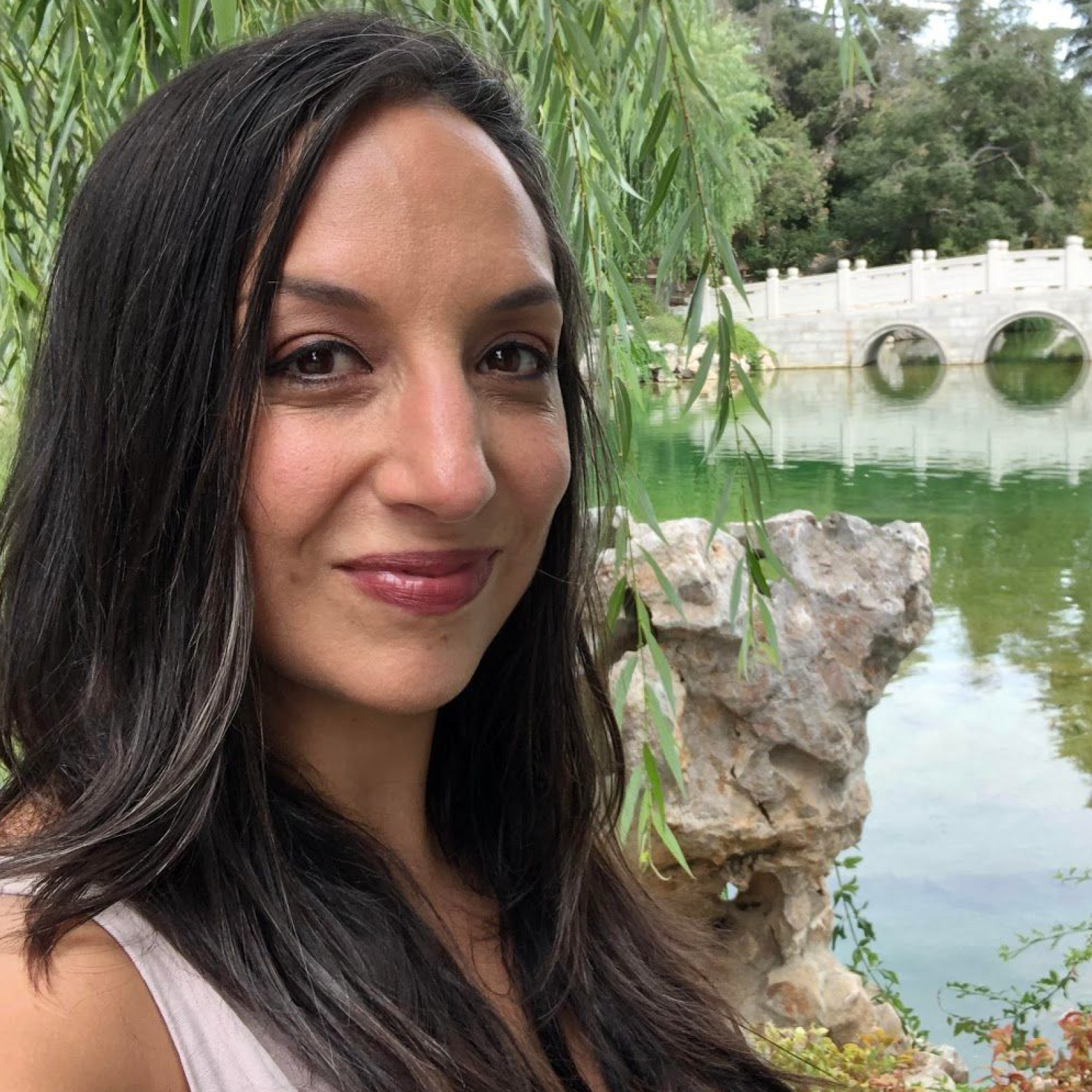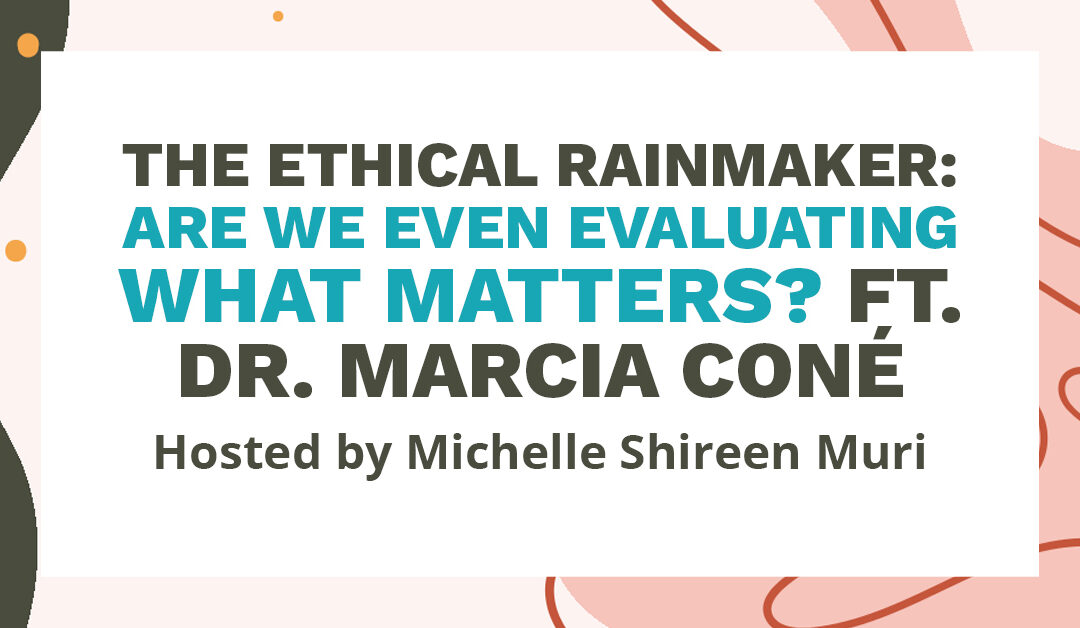By Michelle Shireen Muri, Freedom Conspiracy Principal and CCF co-chair
Episode Summary
Traditional philanthropy has been asking nonprofits to jump through ridiculous and paternalistic hoops since its inception. But as movements like CCF require institutions to rethink how we do our work, we are not questioning our evaluation and metrics practices! In a world where tech money wants us to quantify our work, what is truly meaningful and how do we change? Michelle talks with Marcia about Equitable Evaluation Framework and how our practices are so wrong and how to do better.
About the Ethical Rainmaker podcast
In the United States alone, philanthropy is a $427 million dollar industry, of which 68% comes from individual donors. Yet the practices, theories, and foundation of modern philanthropy and fundraising often ignore the ways in which the industry perpetuates harm.
The Ethical Rainmaker, hosted by Michelle Shireen Muri, is a podcast that hosts authentic conversations grappling with the questions that we don’t often ask in the nonprofit world. Join us as we explore some of the practices that undermine our missions and navigate the way forward with today’s resisters, reimaginers, and the re-creators of the third sector. It’s time to think differently.

Michelle Shireen Muri
Michelle Shireen Muri (she/her) is the co-chair of the founding Seattle chapter for Community-Centric Fundraising and the host of the podcast, The Ethical Rainmaker. She is the founder of Freedom Conspiracy, a small collective of fundraising consultants focused on bringing values-aligned practices to clients in the nonprofit and philanthropy spaces. @freedomconspiracy on Instagram. You can send her a tip via Patreon.
Discover more from CCF
Subscribe to get the latest posts sent to your email.


Hi, are there transcripts available for these podcasts?
Hi Liana! Thank you so much for your question. I will follow up with Michelle and get back to you.
I’m also wondering about this. Would love to cite this episode!
Hi Michelle,
I’m sorry, but I found the content of this podcast to be astoundingly misleading with how it represents Foundations, evaluation, and the dynamic between grant makers and recipients. The “Orthodoxies” of foundations, proposed by your guest in support of Equitable Evaluation Framework (EEF), are intentionally misleading. They paint all foundations with an outdated broad brush. And they don’t even need to be so. EEF is valuable in itself, without bashing foundations that have been generally quite nimble is responding to the on-the-ground life and needs of nonprofits.
You and your guest criticize foundations for pushing outcomes on nonprofits (foundations most often give the applicant the opportunity to propose their own metrics), while failing to acknowledge that it is the organizations themselves that requested this because they didn’t have the in-house capacity to determine the proper metrics themselves (something that you acknowledge but fail to connect).
If a nonprofit doesn’t have the capacity to understand it’s impact in a more “traditional” framework, how will they possibly gain the capacity to understand their value to their community under a framework that introduces exponentially more complex analysis?
Yes, foundations should fund the technology and overhead along with the program funds, and yes, they shouldn’t require huge reports after a 1-year grant. But to paint all foundations and grant making with such a negative binary brush is a serious mischaracterization.
All the while, none of the analysis presented is necessary to appreciate EEF. It may be a better framework for evaluation in the long run, but EEF also likely comes with substantial technological and data challenges that will not soon be remedied. Stating that only EEF must be employed, would be letting perfect be the enemy of good, especially when the “good” is a necessary component of the perfect.
While I found the introduction to EEF to be educational, the negative method employed to do so was very disheartening.
This was a wonderfully illuminating interview! Thank you Michelle and Dr. Marcia.